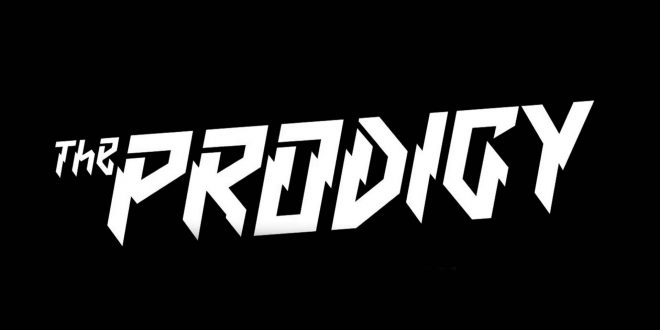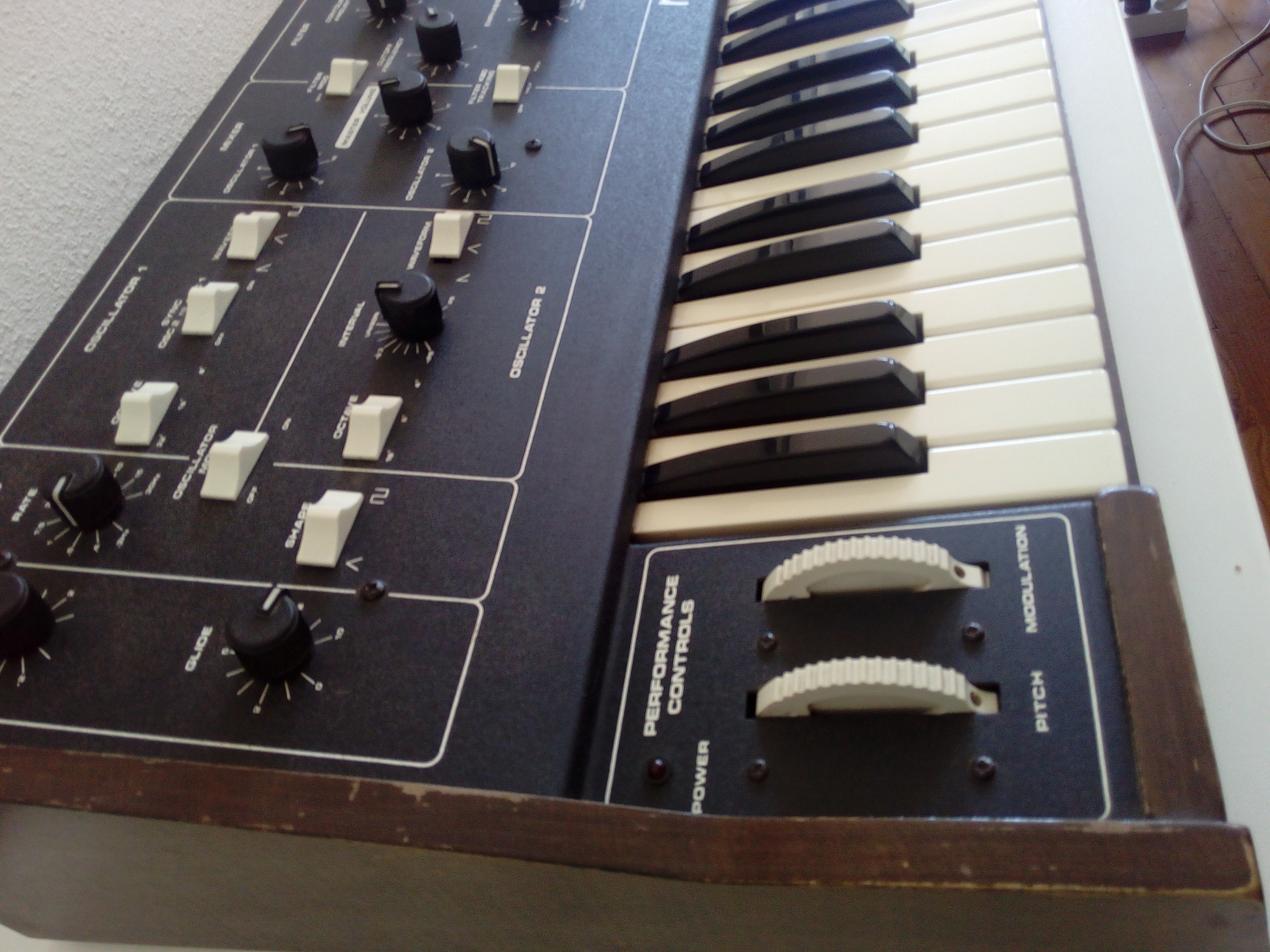

Kedrik Merwin, Director of Music, Interlochen Center for the Arts, sees the biggest benefit of an education in the arts as the creativity training one receives. She also feels she and other non-prodigies gain a deeper understanding of their instrument, which also informs her teaching.
#Music prodigy warm up how to
She cites her own experience of having to learn how to consciously practice well, which continues to serve her as a performer and as a teacher (with private students and at Temple University’s Boyer College of Music & Dance). She believes she had to work harder to become proficient on her instrument, which taught her how to work hard.įisher believes that most non-prodigies are likely to teach at some point in their careers, and pass on to their students valuable insights about music. It was then that she decided that she, too, wanted to be a musician. Her father, a classical violinist and teacher in Edmonton, Canada, was her first violin instructor, and she took sporadic lessons from him until becoming a teenager. It’s for those who feel they must do music.”įisher describes herself as a non-prodigy. “It’s a career of dedication, without a known outcome or end result. “You can’t succeed if it’s half-hearted, especially on the classical scene,” she says. Like Millar, Fisher knows that music takes an extraordinary amount of work and dedication. Instead, she reiterates what others have said: “It’s a career for those who can’t imagine doing something else.”

As such, being classified a “prodigy” is hardly a qualification for going into music. Kimberly Fisher, principal second violin, The Philadelphia Orchestra and artistic director, The Philadelphia International Music Festival (PIMF), describes musical prodigies as a rare breed. You have hills to climb and you learn to love taking one step at a time and the relentlessness of it all.” He likes to quote legendary tennis player, Arthur Ashe, who said, “Start where you are. “If you don’t have huge success early on, you understand and learn how to get better. Millar refers to music as a “tough business.” As a result, “Music students need to be relentless…it’s more important than anything else.” As a non-prodigy, he felt he had to work harder than if he had been labeled a prodigy.

He credits his undergraduate program, and not being surrounded by prodigies, with providing him the space “to grow and improve…to compete with myself…to become better tomorrow than today.” He switched to CU’s College of Music when music proved to be the only major that brought together his passion and interests. Millar started out in engineering at the University of Colorado Boulder. “In music school, we’re learning how to learn and how to adapt in the world,” he says. Michael Millar, director of the Center for Community Engagement at California State Polytechnic University, Pomona, is quick to describe himself as a “non prodigy.” He credits majoring in music with teaching him to be an achiever (he’s got a BM and an MA in Music Performance, and a DMA in Performance and Arts Administration). Their insights are invaluable for students, parents, music teachers, college guidance counselors, and current music majors as well.

explored this subject with three musicians, each of whom is working in a distinctly different field of music.


 0 kommentar(er)
0 kommentar(er)
